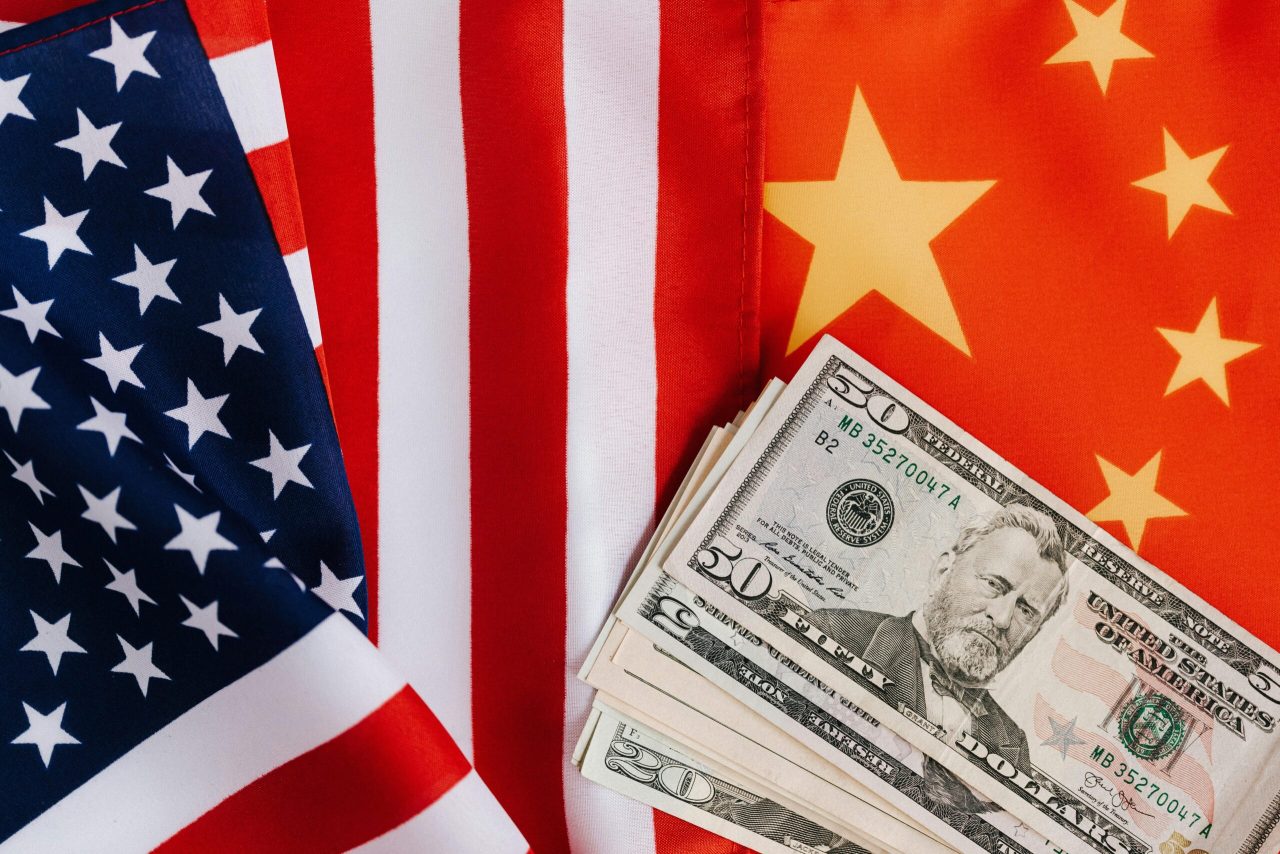The unexpected announcement from President Trump to reverse tariffs globally, with the exception of China, followed a period of market uncertainty and dramatic fluctuations.
The escalating trade war with China, characterised by a series of reciprocal tariff increases, has now entered a critical phase, according to the ING Group.
Global markets and concerned European leaders felt relief as US President Donald Trump made the surprising decision to suspend the majority of the substantial tariffs he had recently placed on numerous countries on Wednesday.
Trump paused the reciprocal tariffs on trading partners for 90 days with the exception of China.
The trade standoff between the US and China escalated as Trump raised tariffs on Chinese imports to 125% from 104% on Wednesday.
After Trump’s tariff salvo, Beijing may retaliate again by imposing further tariffs on US imports, mirroring the earlier tariff increase.
“Trump’s backpedaling from global tariffs but escalation of tariffs on China at first glance feels like a bad development for China, as a wider tariff gap between the rates levied on China and the rest of the world on paper should increase the amount of viable substitution products,” Lynn Song, chief economist, China at ING Group, said in a report.
China’s perspective
However, despite these rapid escalations, our view is that China has averted the worst case scenario.
According to Song, the worst-case scenario would be where the US leveraged tariff threats to coerce other countries into coordinated tariff action against China.
Many countries initially sought to negotiate with the US after the tariffs announcement, but the EU’s formal response indicated that the global community wouldn’t simply yield.
Some market observers speculated that the latest rounds of tariffs mark a point of no return for US-China decoupling.
This is not believed to be the case–both sides have signalled to varying extents that they’d prefer negotiations, but the problem is that neither party wants to be seen as backing down.
Song said:
Our view is there is a bit of a culture clash which further exacerbates the friction.
Trump’s ‘Liberation Day’ tariffs were a negotiation tactic, using an aggressive opening offer to force countries to negotiate.
US Treasury Secretary Bessent’s comments discouraged retaliation and encouraged dialogue.
However, this approach may not work well in China, where mutual respect and saving face are crucial in negotiations, according to Song.
Negotiation dynamics and cultural clash
The escalating trade tensions between the US and China have been primarily fueled by Trump’s unilateral decision to impose tariff hikes and his persistent anti-China rhetoric, which have effectively erected barriers to any potential negotiations.
Furthermore, the dismissive and antagonistic approach adopted by the US towards countries that have attempted to initiate negotiations this year has undoubtedly discouraged China from engaging in any meaningful dialogue, according to ING.
The lack of respect and consideration demonstrated towards other nations during trade negotiations has further reinforced China’s apprehension about entering into similar discussions.
Consequently, the prospects for a swift and amicable resolution to the ongoing trade war appear increasingly bleak.
“At this point, politics certainly appears to be trumping economics so no one can say with confidence when and how talks could resume, but for now it looks like policymakers are willing to put economic theory to the test to see who ultimately feels the pain to see who has the edge when talks resume,” Song added.
The post ING expects “test of endurance” between US-China amid heated trade war appeared first on Invezz


